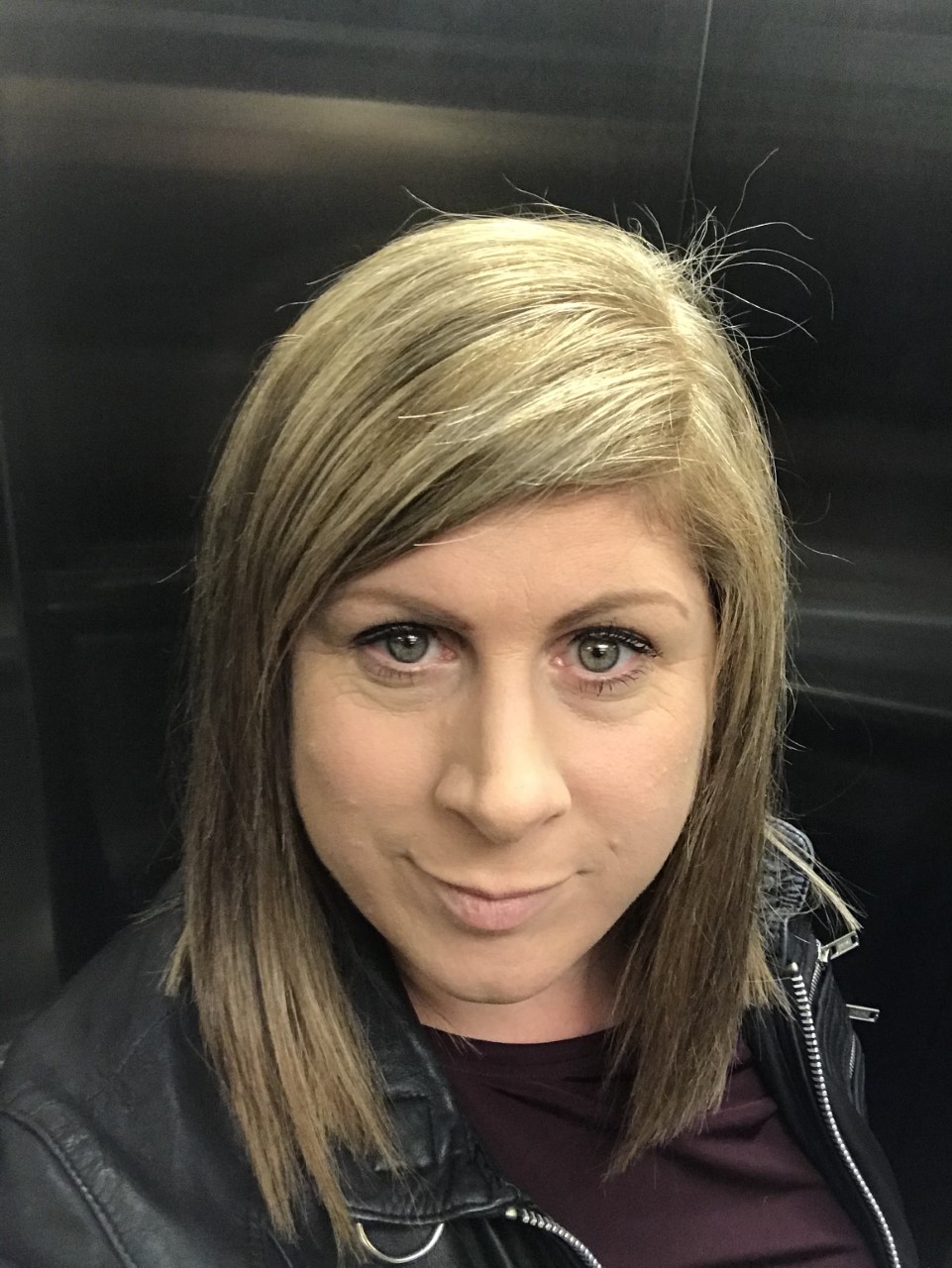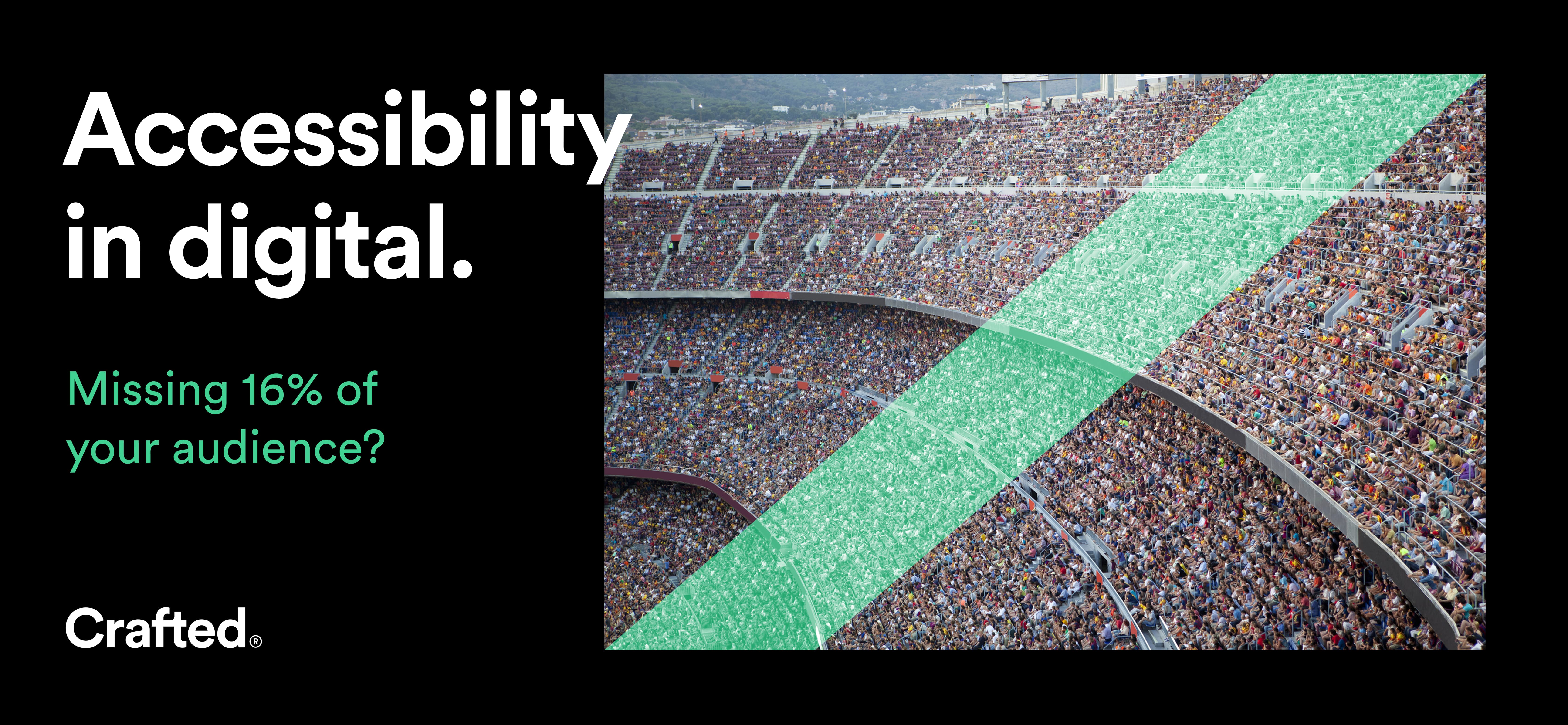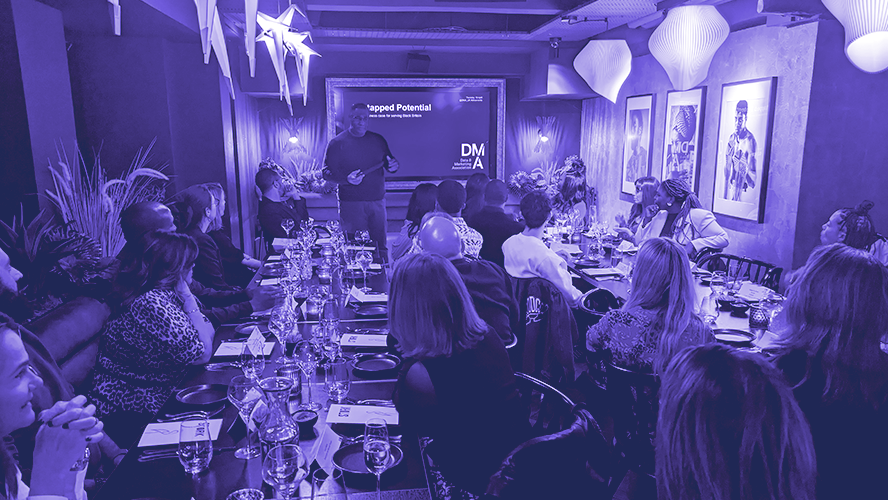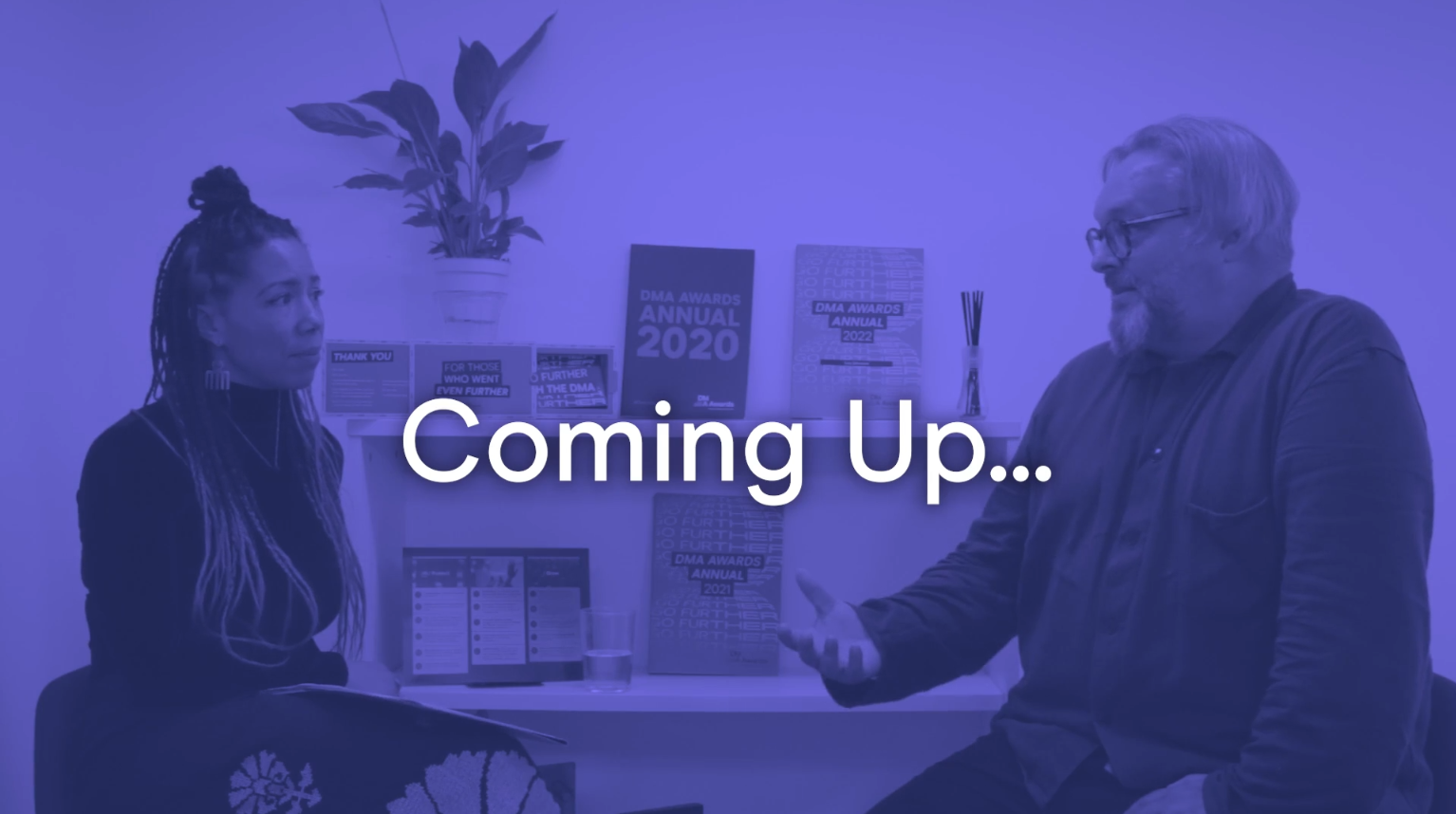My Dyslexia Journey
31 Oct 2022
3.png)
September 2021 was when the dyslexia penny dropped. I was 47 years old. I always felt ‘something’ kept me back in life, particularly through my education and career. School reports repeatedly said I talked too much (well, that’s not changed), I didn’t read exam questions and that I must try harder. I scraped passes in school, university and my professional diploma. Despite working really really hard.
I wasn’t a career go-getter like my friends. I just didn’t think I was good enough for promotions. I mean, how do those people process, understand and remember all that information?
I hated studying (theory bored me whilst I always loved practical learning) but found myself reading everything at least twice as much as my peers, and often still didn’t get that silver bullet of what the text was about. I just put it down to being a little bit stupid – but hey, I grew to be okay with that and found coping mechanisms.
At work, I struggled taking minutes, proofing my work, listening and acting on verbal instructions, and on reflection, written instructions too (many flatpacks and recipes turned out disasters as I skipped instructions). I later found out this was my brain having problems processing the information, despite how hard I was trying.
I work in a super supportive team at the Data & Marketing Association (DMA). My colleague James had asked me to proof web content. I did so, made it live and commented a few days later what neat copy it was. The response was “not bad for little old dyslexic me”. I had never realised and asked more about it. Most traits explained described me to a tee. And showed me what dyslexia misinformation/misunderstanding was going on – I (mis)understood it was getting letters and numbers back to front.
So, what is dyslexia then if it’s not getting letters back to front?
The British Dyslexia association explain “Dyslexia is a learning difficulty which primarily affects reading and writing skills. However, it does not only affect these skills. Dyslexia is actually about information processing. Dyslexic people may have difficulty processing and remembering information they see and hear, which can affect learning and the acquisition of literacy skills. Dyslexia can also impact on other areas such as organisational skills.” https://www.bdadyslexia.org.uk/dyslexia/about-dyslexia
I looked at Dyslexia Scotland and British Dyslexia Association websites. I did an online screening test and discovered even more traits and came out borderline dyslexic. This was the biggest EUREKA moment of my life, and confirmation that maybe wasn’t stupid. But I had to find out properly.
I emersed myself in learning more about dyslexia and had an assessment in April 2022, which showed I am indeed dyslexic. I expected to be jubilant (I was at first) but then I was really angry about it all. Why hadn’t anyone spotted this? My assessor told me that I’d have been lucky to have come across a dyslexia expert that could have spotted my difficulties – my spelling is above average, and grammar is alright, and present myself as an intellectual woman. Dyslexia expertise wasn’t around in the 70s/80s/90s when I was in education. And it is often harder to see in females as we tend to have better coping mechanisms.
I couldn’t work out ‘where’ in the family it had come from. A week after diagnosis I found out my maternal grandfather believed he was dyslexic. My aunt also told me I used to write back to front. I had delayed speech as a child with two speech therapists. Bang, more evidence, albeit subtle.
After diagnosis I contacted Ketty Laurence who runs the tech neurodiversity initiative at Skills Development Scotland (SDS). Ketty’s ‘Welcome to the Club’ response didn’t make me feel as alone and bewildered and she swiftly put me in touch with a contact at Concept Northern, who arranged a Workplace Needs Assessment. This is funded by Government and provided me with tools to improve and cope with workloads – and focus - and mostly for when my brain just won’t co-operate with the tasks at hand, and I go off procrastinating.
I was told I am a visual learner – and confirmed that I understand infographics, charts and visual explanations better than reading. Though I do love reading for pleasure – but my head needs to be wanting it – so many contradictions. I also discovered during these calls that my suspicions of having ADHD weren’t unfounded.
Everyone who knows me knows I wear my heart on my sleeve – so I wasn’t shy about telling people about the diagnosis. Maybe subconsciously it was me proving I wasn’t stupid after all. And on a conscious level, to encourage people to be supportive (and kind) when colleagues are having challenges. The British Dyslexic Association estimate ten percent of the population is believed to be dyslexic.
I had some odd responses to the diagnosis, ‘But you can’t have dyslexia– you have such good spelling’ and ‘Oh, at least you know now!’ Whaaattt?? I am nearly fifty and wondered if my education and career could have been very different if I had the right tools from a younger age.
My dyslexia assessor recommended I should also get tested for visual stress. “Visual Stress is a perceptual processing condition that causes reading difficulties, headaches and visual problems from exposure to patterns in text, such as lines of text. Visual Stress is linked to dyslexia and similar visual learning difficulties. Sufferers experience print distortion and fatigue when reading” https://www.eyesite.co.uk/childrens-eyesight/what-is-visual-stress/. That came back as positive too! Explains why I hate black pens, lines and stripes. I use purple overlays, big fonts and am experimenting with different font formats. Comic Sans font is being promoted by Dyslexia Scotland during World Dyslexia Month 2022 campaign as a dyslexia friendly font – probably to the outrage of designers. I never understood the fuss and why, it never offended me. In fact, I quite liked it – but was too scared to say.
I am extremely fortunate in that I work for a diverse organisation. In fact, the DMA have published Employer Guides for Autism, ADHD and Dyslexia – if only I had read that content earlier, I may have seen and understood what I was struggling with. If you manage people, I recommend reading these guides. Someone in your team may be diagnosed and masking and not disclosed it or undiagnosed and struggling.
My line manager has been super supportive during the whole process. When I moved to her team (about the same time as my eureka moment), she took time, discovered my personal strengths and has given me fantastic projects to lead, which I can honestly say I thrive on.
A friend told me about ‘This is Dyslexia’, a book by Kate Griggs. I read it and thought WOW! It answered why I think of completely different answers to my peers – dyslexic thinking is definitely a strength. It was great to discover so many successful and famous people who are dyslexic too. Hell, I'm up there with Einstein, Sir Richard Branson and many more. And the key message from the book? Dyslexic thinking is imperative to our future.
If I can help just one person understand themself, or a manager understand a colleague better and get the help and support they need, I will be happy to have shared my story.
If you think you might be dyslexic, check out some of the links below.
-
I follow the these accounts on Instagram – dyslexia_in_adults, dyslexia ideas, dyslexic thinking, girls with dyslexia





Please login to comment.
Comments